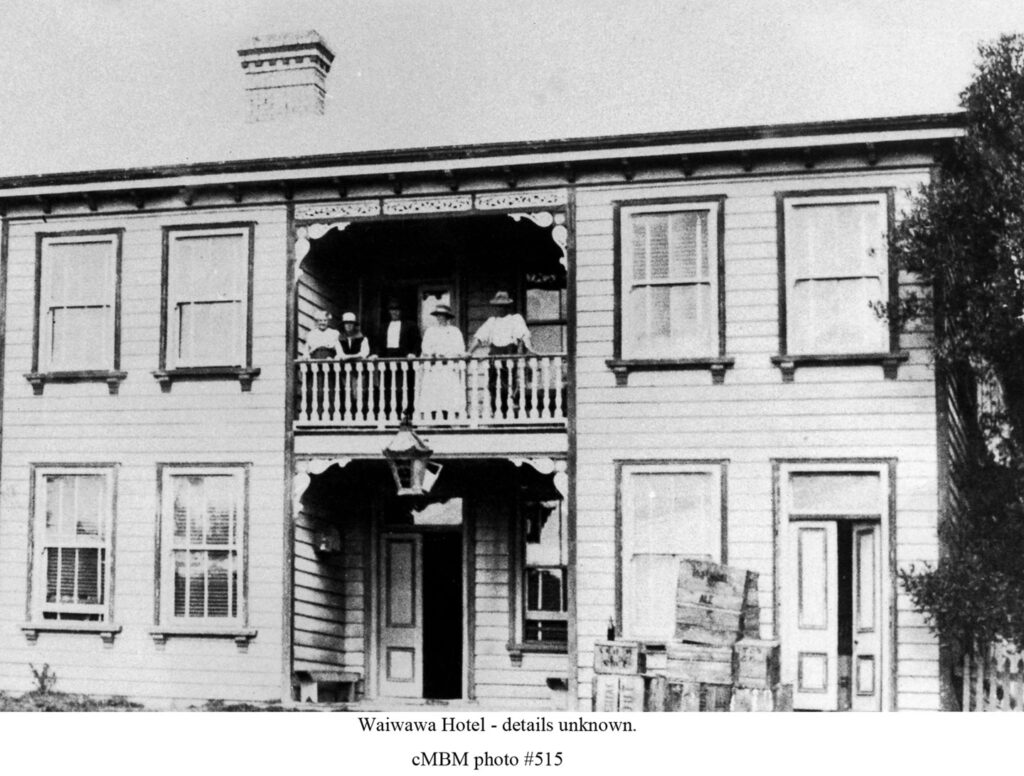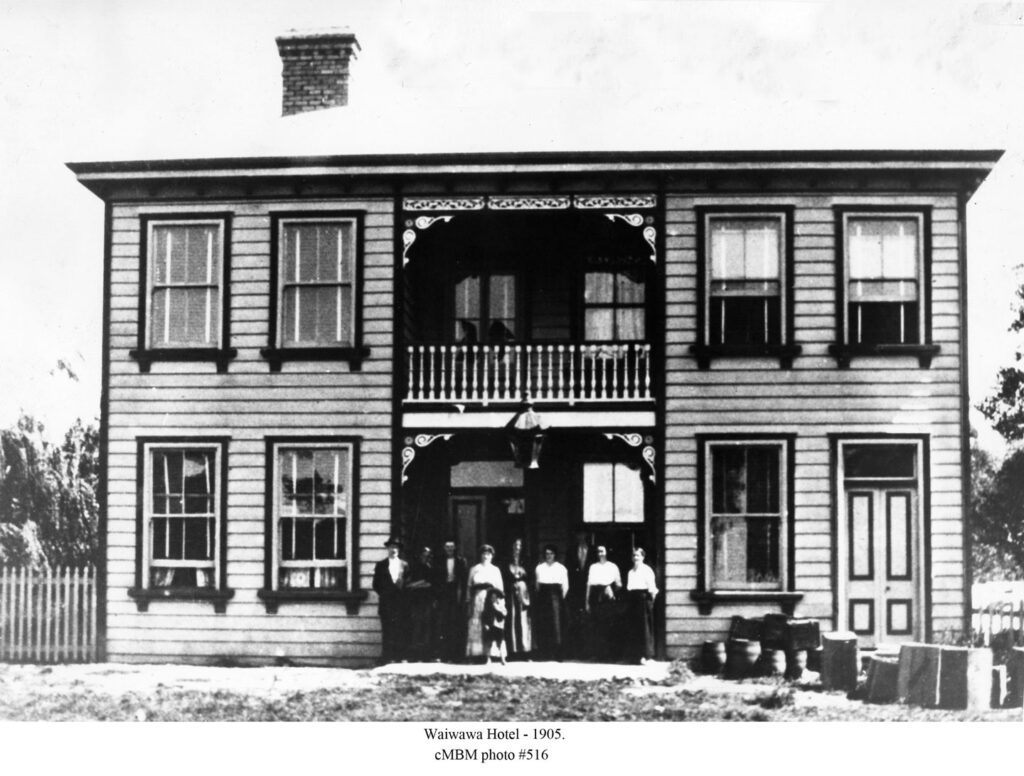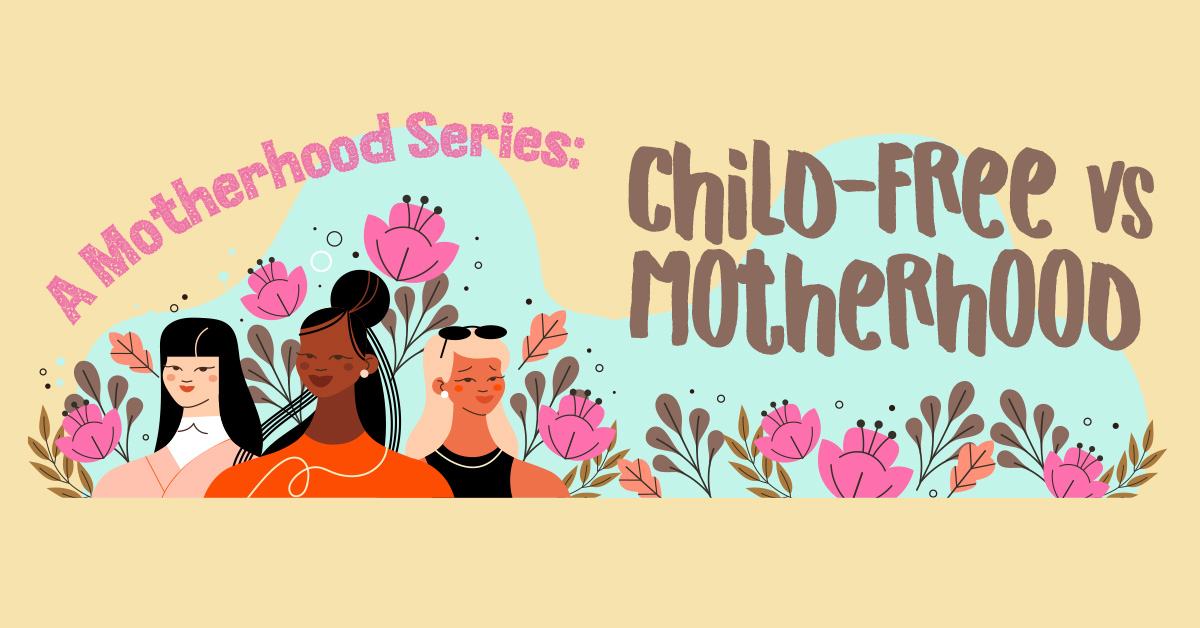
Lost in Flames, Found in Memories
To celebrate the opening of the new exhibition at the Mercury Bay Museum – ‘Somewhat Glassy – A history of glass & bottles’, we wanted to tell the story of one of our famous hotels!
In the late 1800s, hotels were establishments that provided accommodation and food for weary travellers to break up their long journeys. In 1894, there were 1,719 hotels, or one for every 420 people in the country.
Aotearoa’s hotels have ranged from tiny little shacks to grand buildings, but one thing has always been common – the liquor or publican’s licence. No licence meant no liquor! Until the 1960s, places with a licence to sell alcohol on the premises were also required to provide accommodation for travellers. However, over time they were less about the accommodation and more about the drinking!

Here in Te Whanganui o Hei/Mercury Bay, hotels were built to help accommodate the significant number of bushmen and gum diggers that were travelling here for the resources.
One town grew out of this boom – Gumtown. Gumtown was on the route north to Whitianga and because so many people needed to stay overnight due to the mud tracks ahead, public houses or ‘pubs’ were created.
Hector McKay was the first to erect sleeping quarters separate to his home in 1879. The building was situated across the river and some distance downstream from the township. The ‘hotel’ was the first licenced one in Gumtown. He and his family had come to Aotearoa in the 1860s. They travelled from Auckland to settle in Gumtown in 1870.
The largest building in Gumtown was the Waiwawa Hotel. It was built in 1881 by George Loram and Con O’Shea. It was a two-story building and originally had eight rooms for accommodation, but later extended to 25 rooms.
The first licence for the Waiwawa Hotel was transferred over by Hector McKay, who had closed his ‘hotel’ down, to Charles Nicholson from 1881.

In 1895, Michael O’Connor took over the licence and moved his family in. Michael was an Irishman who came to Aotearoa in the 1880s. He was associated with J O’Brien, a lifelong friend, and later the owner of Leyland O’Brien Timber Company. O’Connor moved to Gumtown from Rotorua in 1883 with his wife, acquiring land in the area. He owned the hotel, a store, stables, blacksmith’s shop, bakery, and butcher’s shop. He was probably the biggest employer of labour in the area. The O’Connors left Gumtown in 1910 to travel to Ireland, and then settled in Auckland.
Two new hotels were proposed for Gumtown in June 1901, which prompted a group of Gumtown ratepayers to create a petition against them. William Norton, the billiard room owner, had applied for a licence to open the Gumtown Hotel, and Herbert MacDonald had also put forward a notice of application for a publican’s licence to open the Kapowai Hotel. However, residents felt that the Waiwawa was enough hotel for them and the district, and so opposed these new ones. Even William petitioned against MacDonald’s application, as he believed it was not a bona fide application and that the hotel was not going to be in the best position for the travelling public. There is no official record of the licences being issued and the Waiwawa remained the only hotel in Gumtown.

In 1922, the Waiwawa Hotel was destroyed by fire; this was a frequent occurrence for hotels all around the country. The licence and accommodation at this time was temporarily transferred to a farm residence nearby and even the Gumtown Hall was proposed as a temporary space to accommodate guests until the hotel was re-built.
In 1946, the Waiwawa hotel building was to be removed and it was proposed that the new building be placed on a site at the junction of the Tapu-Coroglen Road and the Tairua-Whitianga Road. It was believed this site would be more convenient to the public and the approval from the police was given.
The Waiwawa Hotel had an identity change following the new building. It became the Coroglen Hotel and then some years later the Coroglen Tavern. The Coroglen Tavern is still a thriving pub today at the same road junction, but minus the accommodation!
Words by Becs Cox – Mercury Bay Museum Manager






